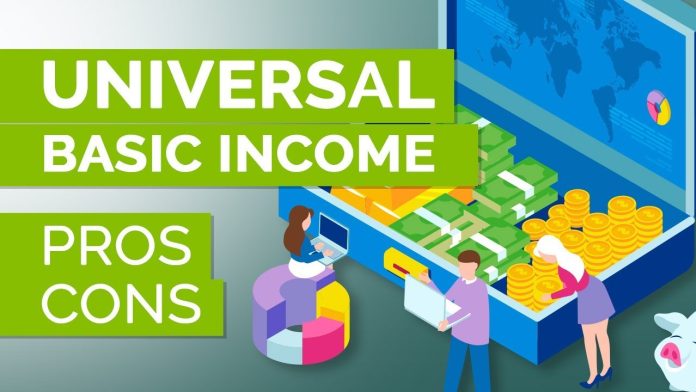In a world marked by economic complexities and societal challenges, the concept of Universal Basic Income (UBI) has emerged as a beacon of potential transformation. UBI proposes a radical shift in the way we address poverty, unemployment, and societal well-being. As we delve into the merits of Universal Basic Income, we find ourselves exploring not just economic possibilities but also the profound impact it could have on individual lives and the fabric of society.
Table of Contents
Toggle1. Addressing Poverty Head-On
One of the primary merits of Universal Basic Income lies in its direct approach to alleviating poverty. By providing a guaranteed income to all citizens, regardless of their employment status, UBI becomes a powerful tool in eradicating extreme poverty. This financial safety net ensures that every individual has access to the basic necessities of life, fostering a society where no one is left behind.
2. Fostering Economic Stability
UBI holds the potential to inject a dose of stability into the economic bloodstream. In times of economic downturns, job losses, or unforeseen crises, the cushion provided by a universal basic income acts as a stabilizing force. Individuals and families can weather financial storms with a greater sense of security, reducing the strain on social welfare systems and diminishing the ripple effects of economic instability.
3. Encouraging Entrepreneurship and Innovation
The infusion of a basic income empowers individuals to pursue entrepreneurial ventures and creative pursuits without the fear of financial ruin. By eliminating the precariousness associated with starting a business or engaging in innovative projects, UBI fosters an environment where risk-taking becomes a viable option. This, in turn, can lead to a surge in innovation, job creation, and economic dynamism.
4. Recognizing Unpaid Labor and Care Work
Traditional economic systems often overlook the immense value of unpaid labor, particularly in caregiving roles. Universal Basic Income acknowledges and compensates individuals for their contributions to society beyond formal employment. This recognition not only addresses gender disparities in unpaid labor but also underscores the societal importance of roles that extend beyond the confines of the traditional workplace.
5. Enhancing Mental and Physical Well-Being
Financial insecurity has a profound impact on mental and physical health. UBI, by providing a steady income floor, contributes to reducing stress, anxiety, and the associated health issues. Individuals can focus on self-improvement, education, and overall well-being, leading to a healthier and more productive society.
6. Streamlining Bureaucracy and Reducing Inequality
Implementing UBI simplifies existing welfare systems, cutting down on bureaucratic overhead and administrative costs. This streamlined approach ensures that financial support reaches those who need it most, reducing inequality and bridging socioeconomic gaps. With a universal basic income, the focus shifts from means testing to a more inclusive and equitable distribution of resources.
A Paradigm Shift Towards Inclusive Prosperity
In analyzing the merits of Universal Basic Income, we uncover a paradigm shift in our approach to economic and social well-being. UBI is not just a policy; it’s a vision for a society where financial security, entrepreneurship, and individual fulfillment converge. While challenges and critiques exist, the potential benefits of UBI are too significant to ignore. As we navigate the complexities of the modern world, Universal Basic Income emerges as a bold step toward creating a more inclusive and prosperous future for all.








